Jonathan Meades, the architectural, food and cultural commentator, appears on television in a pair of retro shades and a trademark Blues Brother suit. He looks like a poseur, and indeed studied drama at Rada. Lynn Barber, the ‘celebrity interviewer’, is the self-acknowledged scourge of pomposity and pretension. (Melvyn Bragg, among others, has felt the lash of her schoolmarm tongue.) Like Meades, Barber grew up in early 1950s middle-class England. An only child, she found a way out of the bridge/ canasta tea parties and sherry-tippling of Twickenham, her childhood home, to become a staff writer on Penthouse girlie magazine; her first book, published in 1975, was a sex manual entitled How to Improve Your Man in Bed (which, incidentally, my wife has still not read).
At 69, Barber claims to be the oldest ‘still-practising’ interviewer in Britain, a hard-drinking mumsy figure who likes a smoke and a laugh. Her memoir, My Curious Career, takes us through her student years at Oxford when she slept with a grand total of 50 men (How to Exhaust Your Man in Bed?), and on to marriage, children and her current post at the Sunday Times. Her ‘first big celebrity interview’ was with the tiresome Salvador Dalí in 1969. It went well, but Barber has had run-ins with the actor Martin Clunes, Sir David Attenborough and J.G. Ballard (who complained of her ‘usual puzzled ramble through my dusty carpets’ on being interviewed in 1991). A Curious Career has much to say about the ‘celebrity interviewing game’, but, annoyingly, it’s littered with exclamation marks and lengthy extracts from Barber’s own published interviews. What a swizz!!
Barber really should interview Jonathan Meades, who is roughly her age, and also an only child. In the early Sixties, Meades abandoned his native Salisbury for London, where he hurried to shed all trace of bumpkin gaucheness (as he perceived it). Meades can be opinionated to the point of silly, but I think he has earned that right. Over the 30-odd years of his literary and broadcasting career, he has emerged as a bleakly funny excoriator of so-called good taste in all its variants. Cute neo-Georgian architecture, Linda McCartney’s vegetarian food products, Tony Blair and his ghastly grinning wife Cherie (‘the Ceaucescus of Connaught Square’), dietary pretensions and political correctness have all come in for a drubbing. Meades is also, and triumphantly, a novelist. His fiction may not be for the squeamish (his agent, the late Pat Kavanagh, suggested that readers of his first novel Pompey wear a special ‘GRUE’ badge); but it is pleasingly scabrous and gamey.
Meades is dependably rude about Salisbury, a ‘church city, an army city’ populated in the 1950s by Porton Down boffins, shady remittance men, unfrocked priests, future Ukip voters and and boozed-up servicemen. A solitary, questioning boy, Meades was interested in pretty well anything of human concern and puzzlement in Salisbury, from the cut of an uncle’s hairy tweed jacket to the etymology of the fruit juice brand Kia-Ora (‘good health’ in Maori). Curiosity led him to snoop round squalid rural places outside his class and culture: South Wiltshire edgelands, pubs awash with Double Diamond ale. (‘I took a shameful pleasure in whatever disgusted me.’)
An Encyclopaedia of Myself, his childhood memoir, vividly conjures a vanished world of Cracker Barrel cheese adverts, Aertex shirts and ‘Johnny Remember Me’ on the airwaves. Emblematic of this pre-Beatles Britain is the author’s father, a biscuit company rep and fanatical fly fisherman who (as I remember my own father did) referred to Cheddar as ‘mousetrap’ and Gorgonzola as ‘gorgon’. Having returned from Iraq with the British army in 1946, Meades senior finds Salisbury prey to Cold War anxieties about the ‘ruddy’ Soviet bloc and Kremlin machinations in general. In the military science park of Porton Down the men in white coats ponder Moscow’s atomic capabilities and (when not dosing human volunteers with LSD) remain on standby to help guard British shores.
Meades’s memoir is, among other things, a work of filial devotion that recollects a lonely child’s attachment to his parents. For most of her adult life the author’s mother was a Church of England school teacher, and impatient of social pretension. Her husband’s chalk stream fishing trips provided an endless supply of brown trout for the supper table. Meades must have trout coming out of his ears. He disdains processed foodstuffs (‘Grape Nuts, a cereal as dentally unforgiving as pebbledash’), but for some reason has no stomach for venison.
At King’s College, Taunton, he was miserably unhappy and out of place among the yeoman and army offspring; the bright lights of London beckoned irresistibly. His memoir shows an autodidact’s fondness for big, polysyllabic words (‘gingivitic’, ‘leucous’, ‘dizygotic’); and there are too many portraits of retired army majors and tweedy types in regimental ties. Still I loved this book. Meades is a very great prose stylist, with a dandy’s delight in the sound and feel of words, and we are lucky to have him.
Got something to add? Join the discussion and comment below.
Get 10 issues for just $10
Subscribe to The Spectator Australia today for the next 10 magazine issues, plus full online access, for just $10.
Available from the Spectator Bookshop, £14.99 / £15.99. Tel: 08430 600033
You might disagree with half of it, but you’ll enjoy reading all of it. Try your first month for free, then just $2 a week for the remainder of your first year.


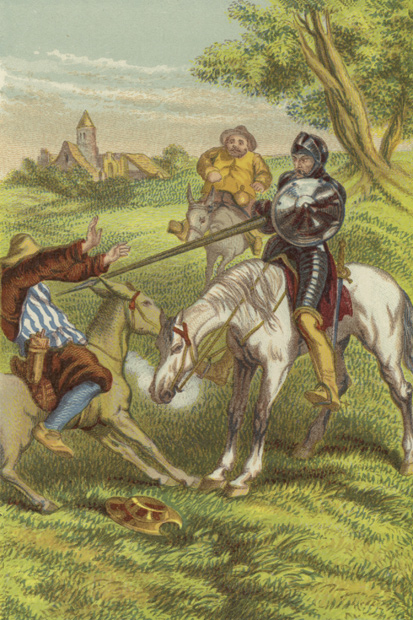

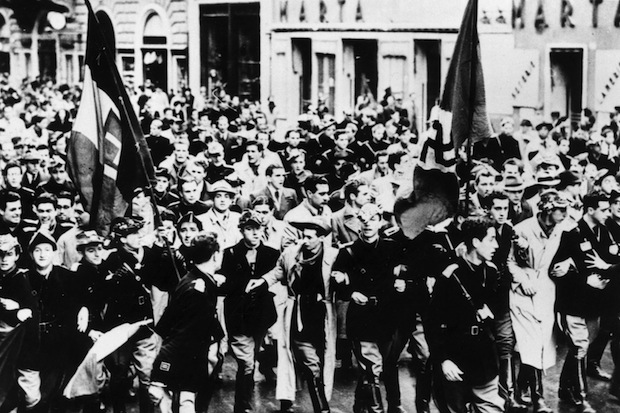
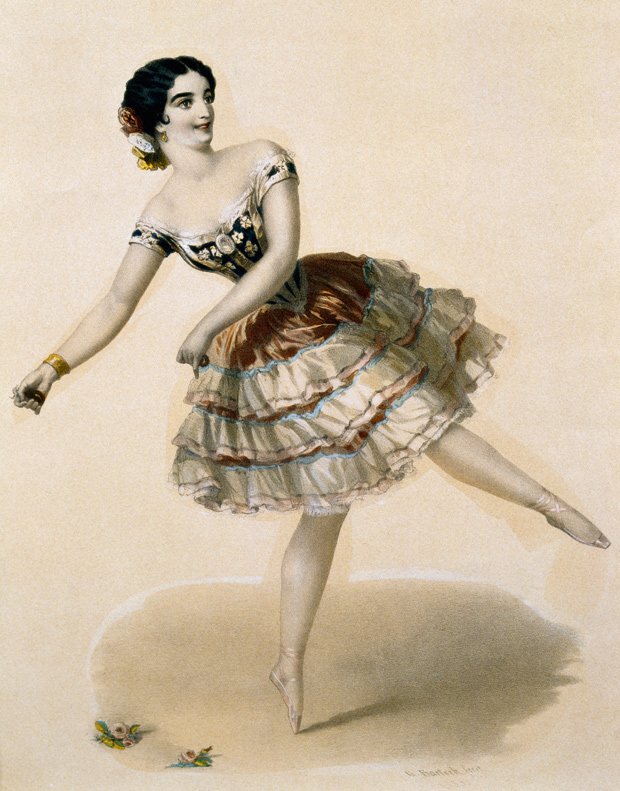
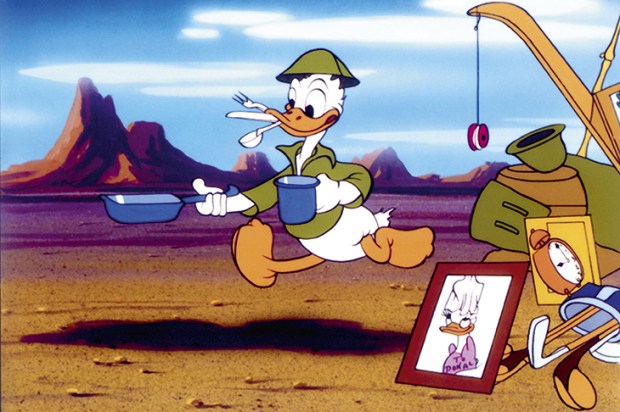
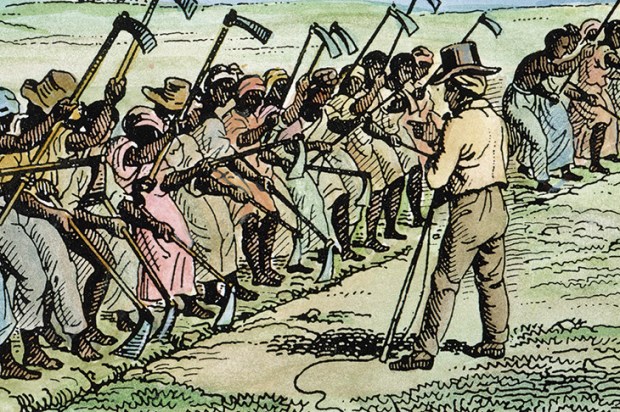






Comments
Don't miss out
Join the conversation with other Spectator Australia readers. Subscribe to leave a comment.
SUBSCRIBEAlready a subscriber? Log in